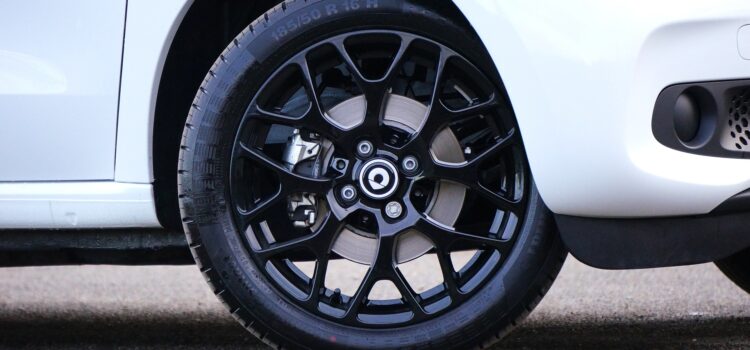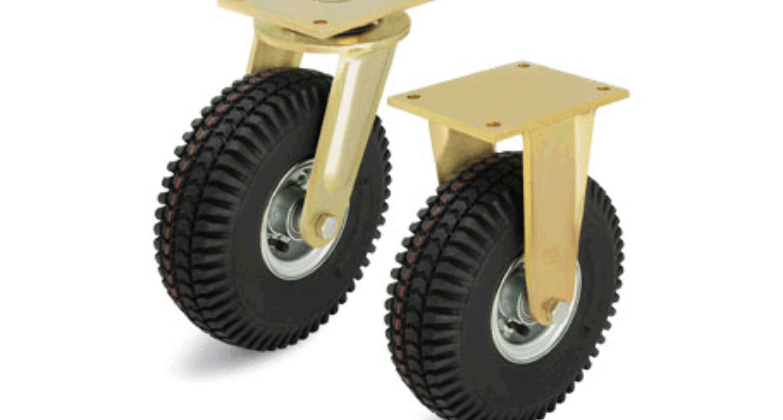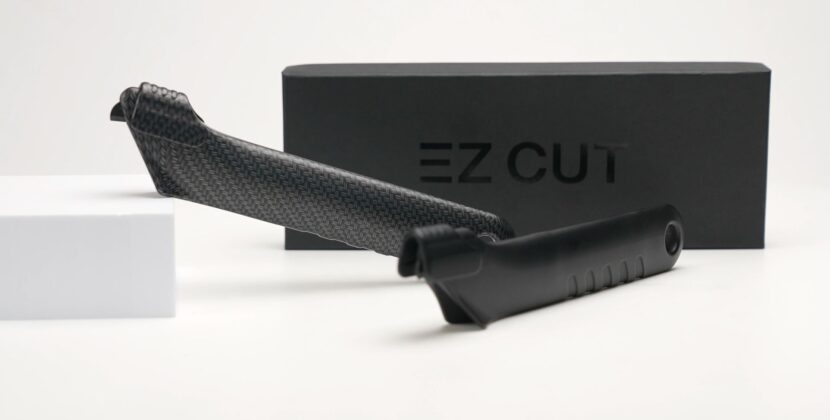
BMWs are renowned for their performance, engineering precision, and sheer driving pleasure. But when it comes to buying a used BMW, it’s important to know what to look out for so you can enjoy the experience without running into costly surprises. Whether you’re eyeing a sporty 3 Series or a luxurious 7 Series, this guide will help you make a confident and informed decision.
Understand the Model and Its History
BMW has produced a wide range of models over the years, each with its own quirks and common issues. Research the specific model you’re interested in—some generations are more reliable than others. Pay attention to:
- Common mechanical issues
- Recalls and technical service bulletins
- Ownership costs including servicing and parts
If you’re unsure about a particular model’s track record, forums and enthusiast communities can be great sources of insight.
Check the Service History
A well-documented service history is crucial. BMWs are high-performance vehicles that require regular and specialised maintenance. Ask for detailed service records and ensure that the car has been maintained according to the manufacturer’s schedule. Look for stamps from reputable workshops or BMW-certified service centres. Irregular servicing or cheap shortcuts could indicate potential problems down the line.
Inspect for Electrical Issues
BMWs—especially the newer models—feature advanced electronics, from iDrive infotainment systems to electronic steering and suspension components. While these offer convenience and performance, they can also be prone to failure if not properly maintained.
Test all major electrical functions during your inspection: windows, locks, infotainment, reversing cameras, and sensors.
Be Aware of Oil Leaks and Engine Wear
Some used BMWs are known to develop oil leaks, particularly from the valve cover gasket or oil filter housing. These aren’t necessarily deal-breakers, but they can be costly if not addressed early. Pop the bonnet and inspect for oil stains around the engine bay or underneath the car. Ask about oil consumption, too—if the seller says the engine “uses a bit of oil,” proceed with caution.
Listen to the Suspension and Steering
BMWs are designed with sporty handling in mind, which places extra strain on suspension and steering components. During a test drive, listen for clunks or squeaks, and pay attention to any vagueness in the steering. These could indicate worn bushings, struts, or control arms.
Use a Trusted Mechanic or BMW Specialist
Before signing on the dotted line, invest in a pre-purchase inspection by a trusted mechanic—ideally one who specialises in European or BMW vehicles. They’ll be able to spot issues that may not be obvious during a quick test drive. If you’re planning on performing some maintenance or upgrades yourself, sourcing quality parts is essential. Companies like BM Spares offer a wide range of genuine and aftermarket BMW parts, making it easier to keep your vehicle in top shape without breaking the bank.
Consider Ownership Costs
Finally, make sure you factor in the true cost of ownership. While many used BMWs can be excellent value upfront, they can also incur higher ongoing expenses than mainstream vehicles—especially if neglected by previous owners. Budget for:
- Regular servicing
- Replacement of wear-and-tear items
- Insurance and registration
- Any unexpected repairs
Buying a used BMW can be a fantastic way to enjoy the premium driving experience without paying the new car price tag
With a bit of research, a thorough inspection, and reliable support from BMW specialists, you can drive away with confidence and peace of mind. Have questions or looking for quality parts? Reach out to professionals who know BMWs inside and out—you’ll thank yourself later.








 When
When 
 A massive air purifier can purify the air indoors, but what about cars?
A massive air purifier can purify the air indoors, but what about cars?



















 Being smart and safe out on the roads is one of the more important things you can do for your long-term health.
Being smart and safe out on the roads is one of the more important things you can do for your long-term health.



